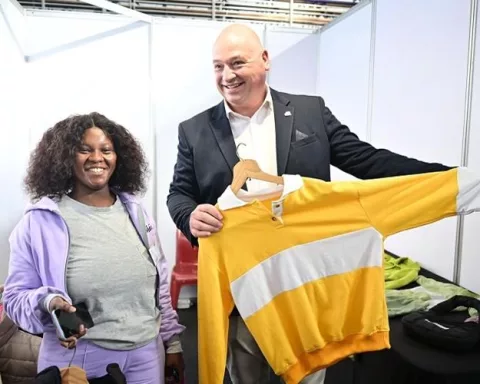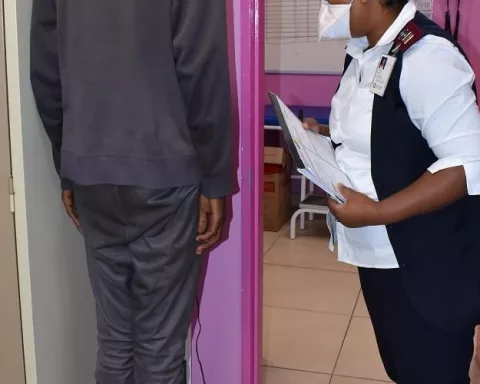The Just Energy Transition Summit: A Platform for Change
As the global community advances towards a more sustainable future, South Africa’s Just Energy Transition (JET) Summit provides a forum to discuss the challenges and opportunities arising from the shift to a low-carbon economy. Hosted at Emperors Palace in Kempton Park, the summit centered on the prospects of renewable energy, the evolution of hydrogen-related technologies, and the essential skills needed to expand South Africa’s hydrogen economy.
The premise of the JET Summit is the recognition that although the move to a greener economy may cause the loss of around 300,000 jobs, it is expected to generate approximately 815,000 new jobs by 2050. The sectors most affected by the decline will be coal and petroleum, but fresh opportunities will emerge in mining for energy minerals and metals essential for manufacturing cleaner energy sources.
Nurturing the Hydrogen Economy: Government Initiatives and Partnerships
At the summit, Dr. Blade Nzimande, Minister of Higher Education, Science, and Innovation, elaborated on the measures taken by both his departments to back the budding hydrogen economy. Among these are the Department of Science and Innovation (DSI)-supported energy research, development, and innovation flagship programs; a study focusing on local skills development for the 2019 Integrated Resource Plan; and the Cabinet-endorsed National Hydrogen Society Roadmap.
Additionally, the DSI has initiated a study in collaboration with the Department of Trade, Industry, and Competition to obtain a deeper understanding of the renewable energy sector’s skills requirements, shortcomings, and potential interventions. Ten occupational skills have been pinpointed for the future, such as cyber security specialists, data analysts, drone operators, and energy analysts.
To address these findings, the DSI is collaborating with at least five institutions to improve their renewable energy capacities and incorporate them into the renewable energy flagship. These institutions comprise the Central University of Technology, Nelson Mandela University, and the University of Johannesburg.
Preparing the Workforce: Education and Skill Development Programs
Another joint effort involves the Department of Higher Education and Training (DHET) and the Council for Scientific and Industrial Research, which aims to evaluate skills demands and gaps throughout the green hydrogen value chain. The project has identified 73 occupations needed in the value chain that could be enhanced with green hydrogen skills.
Moreover, the DHET and the Energy & Water Sector Education Training Authority (EWSETA) have introduced a course designed to train unemployed technical and vocational education and training (TVET) graduates in hydrogen and fuel cell installation, operation, and maintenance.
TVET colleges are expected to play a crucial role in the move towards a more inclusive green hydrogen economy. These institutions can empower young individuals and assist established workers transitioning into the green labor market. Consequently, the Green Hydrogen TVET Ecosystem Just Transition Strategic Framework has been devised as a basis for future policy interventions.
In summary, the JET Summit emphasizes the significance of prioritizing skills development in underprivileged communities to elevate individuals and guarantee that everyone reaps the benefits of a fair energy transition. By offering opportunities for all, particularly those directly impacted by the shift, South Africa can overcome the cycle of poverty, unemployment, and inequality while progressing towards a more sustainable future.








